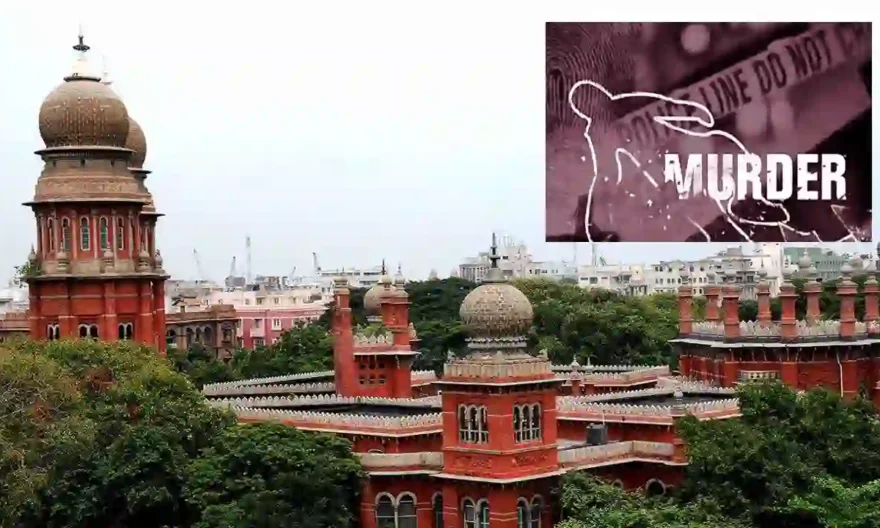
The Madras High Court has recently upheld the life imprisonment of 8 accused in the Gokul Raj murder case.
Additionally, the court has altered the charges against the two other accused, sentencing them to 5 years of imprisonment.
A division bench comprising Justice MS Ramesh & Justice Anand Venkatesh observed that the prosecution successfully established the chain of circumstances that led to the murder of Gokulraj by the accused.
The court noted the case as one of honor killing, stating, “The accused in this case were under the influence of a demon called caste.”
Furthermore, the court noted that the prime accused, Yuvaraj, attempted to influence the media to create a false narrative that he was wrongfully charged. It emphasized the importance of judges exercising maturity to disregard media influence and make judgments based solely on legal principles.
In February, the court reserved its decision on the appeals filed by the ten convicts and the appeal filed by V Chithra, Gokulraj’s mother, seeking for the conviction of five others who were acquitted by the lower court.
Today, the court declined the appeals filed by eight of the accused, as well as those filed by the State and the mother of the deceased.
Gokulraj, a 21-year-old Dalit youth, was abducted from Tiruchengode Arthanareeswarar temple on June 23, 2015. His body, with the head severed, was discovered the following day. It was later revealed that Gokulraj was killed by members of a fringe outfit due to his relationship with an upper-caste woman.
In March 2022, a special court in Madurai found Yuvraj, the leader of Dheeran Chinnamalai Peravai, as the prime accused and convicted him along with nine others, sentencing them to life imprisonment without the possibility of remission.
Furthermore, the appellants argued that there were no eyewitnesses to the case and that the prosecution had not followed guidelines for handling electronic evidence, particularly the CCTV footage used to establish the guilt of the appellants through the “last seen theory.” They also contended that the prosecution initially named the appellants as accused and then collected evidence accordingly.
However, Chitra’s side argued that this was not simply an honor killing but a caste-based murder, with sufficient evidence against the accused. It was submitted that the accused interrogated Gokul in the temple to determine his caste and coerced him into writing a suicide note and recording a video claiming he committed suicide due to love failure.
Also, the judges personally inspected the temple to understand its layout and the placement of cameras. As the prosecution heavily relied on the “last seen theory,” and the topography sketches presented in court did not provide the exact location of CCTV cameras, the court deemed such an inspection helpful in understanding the temple’s layout, checking entry and exit points, and observing the CCTV camera locations.
Moreover, the court initiated suo moto contempt proceedings against Swathi, the prime witness in the case, for making false statements under oath while testifying in court. The court emphasized that such conduct undermines public confidence in the judiciary.




